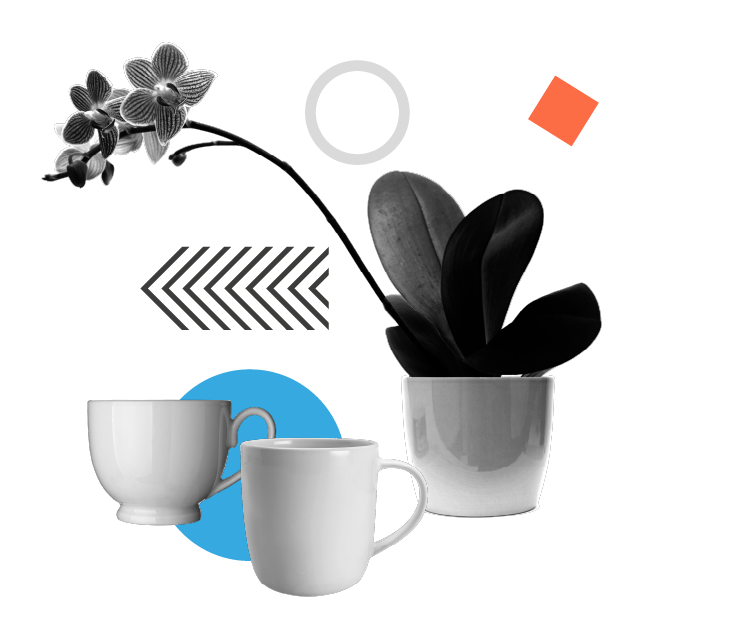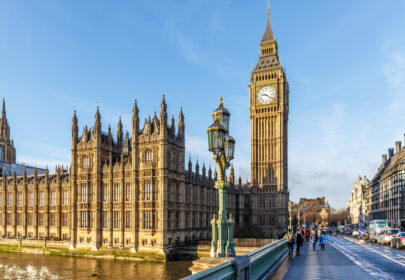Blog
How to be strategic with your cash savings and make your money work harder

At a glance
- Cash ISAs are a simple, popular way to save, allowing you to earn interest tax-free, with the annual ISA allowance.
- Your savings accounts can also earn some interest tax-free, thanks to the £1,000 Personal Savings Allowance. Depending on your other income, you may be eligible for the starting rate for savings, giving you up to £5,000 of savings income tax-free.
- Financial advice can help you decide how to make the most of your cash holdings while interest rates remain high.
The high interest rates available to savers at the moment are a small beacon of light. Seeing your savings earn you a little extra income – at a time when family budgets are still squeezed – can be a real pick-me-up.
You can still put up to £20,000 into an ISA, or different types of ISA, tax-free, each year, and up to £9,000 in a Junior ISA or JISA. But the 2016 introduction of the Personal Savings Allowance (PSA), plus the starting rate for savings, means that traditional savings accounts can also offer real tax savings too. Cash ISAs have slowly begun to lose their shine. By 2021, the latest figures that are available, Cash ISAs had declined by 920,000 according to the Monetary Policy Committee.1
So if you are able to save, which should you choose to make the most of the current high interest climate? A cash savings account, or a Cash ISA?
What is your Personal Savings Allowance?
The PSA means savers can earn up to £1,000 of interest on other savings, including bank or building society accounts, tax-free. For higher-rate taxpayers, the allowance reduces to £500, while there’s no allowance for additional-rate taxpayers. Even though the tax thresholds for Income Tax in Scotland are slightly different, the rate of tax you might pay on savings interest is the same as England.
What is the starting rate for savings?
The starting rate for savings gives savers an additional allowance up to £5,000 on their savings income. This allowance is available where a saver’s other “non-savings” income is below their personal allowance plus £5,000.
The allowance does go down, the more you earn from other income such as wages, or pensions. It disappears altogether if you earn more than £17,570.
The Personal Savings Allowance and the starting rate for savings apply to a wide range of products, including bank, building society and credit union accounts; NS&I products; investments such as investment trusts, unit trusts, and corporate and government bonds.
There are some instances where you might have to let HMRC know of any savings interest you’ve made above your allowance. If the gross amount of interest you earn on your savings exceeds your annual allowances, you’ll need to declare this on your self-assessment tax return.
Historically, only a small percentage of people earn cash interest over and above their available allowances, especially when the interest rate is low. As we have seen over the past 12 months, that’s no longer the case.
Will I pay more tax on my savings if interest rates remain high?
Which brings us to the Catch-22 facing cash savers right now.
Interest rates rose dramatically last year. The Bank of England has now held the interest rate at 5.25%, compared to just 0.1% in Jan 2021.1
While it’s heart-warming to watch your interest returns rise, it may catch up with you at tax year-end. Savers will use up their tax-free allowances much faster, and any interest earned above that would be liable for tax.
Cash ISA or cash savings account?
Essentially, a Cash ISA is a type of savings account – so the benefit of having a £20,000 tax-free allowance as opposed to the PSA £1,000 (and, if eligible, the £5,000 starting rate) is clear. What’s important for you to help decide which to choose is knowing what you’re saving for, and for how long.
That way, you can work out how one or the other, or a combination of both will suit your long and short-term financial plans.
Before you make any sudden money moves, transferrals or withdrawals, it’s wise to have a conversation with a financial adviser. At present, cash savings are doing well because interest rates are high, and the Monetary Policy Committee expects them to remain high for much of the year to keep the lid on inflation.2
Diversifying your savings and investments across ISAs, savings and other tax-efficient options makes you more financially resilient to economic or geo-political changes, and certainly more tax-efficient.
Saving for the longer term
Cash ISAs still have an important role to play. It’s very important to have some easily accessible cash savings to hand for an emergency or rainy-day fund.
If you’re looking to get the best out of your ISA allowance, making a medium or longer-term investment, possibly into a Stocks and Shares ISA which has the potential to offer greater returns over time might be a better use of it. But you should always talk your options through with an adviser to make sure you make an appropriate choice.
A financial adviser will help you to get the best out of all your allowances. The various tax allowances are often seen in isolation, but they can work effectively together, and the ISA and the PSA are a good example of that.
We’re here to help. Get in touch with us if you’d like some more help planning your cash strategy, ahead of tax year-end.
The value of an ISA with St. James’s Place will be directly linked to the performance of the funds selected and may fall as well as rise. You may get back less than you invested.
An investment in Stocks and Shares ISA will not provide the same security of capital associated with a Cash ISA or a deposit with a bank or building society.
The levels and bases of taxation, and reliefs from taxation, can change at any time and are generally dependent on individual circumstances.
Please note that Cash ISAs are not available through St. James’s Place.
Sources:
1Commentary for Annual Savings Statistics: June 2023, HM Revenue & Customs, accessed January 2024
2House of Commons Library, interest rates and monetary policy, accessed January 2024
SJP Approved 18/01/2024
Tea or Coffee?
Why not get in touch to discuss your requirements? We understand that life is busy, that's why we're happy to meet in person or virtually. Let's start to plan your future together.















































































































